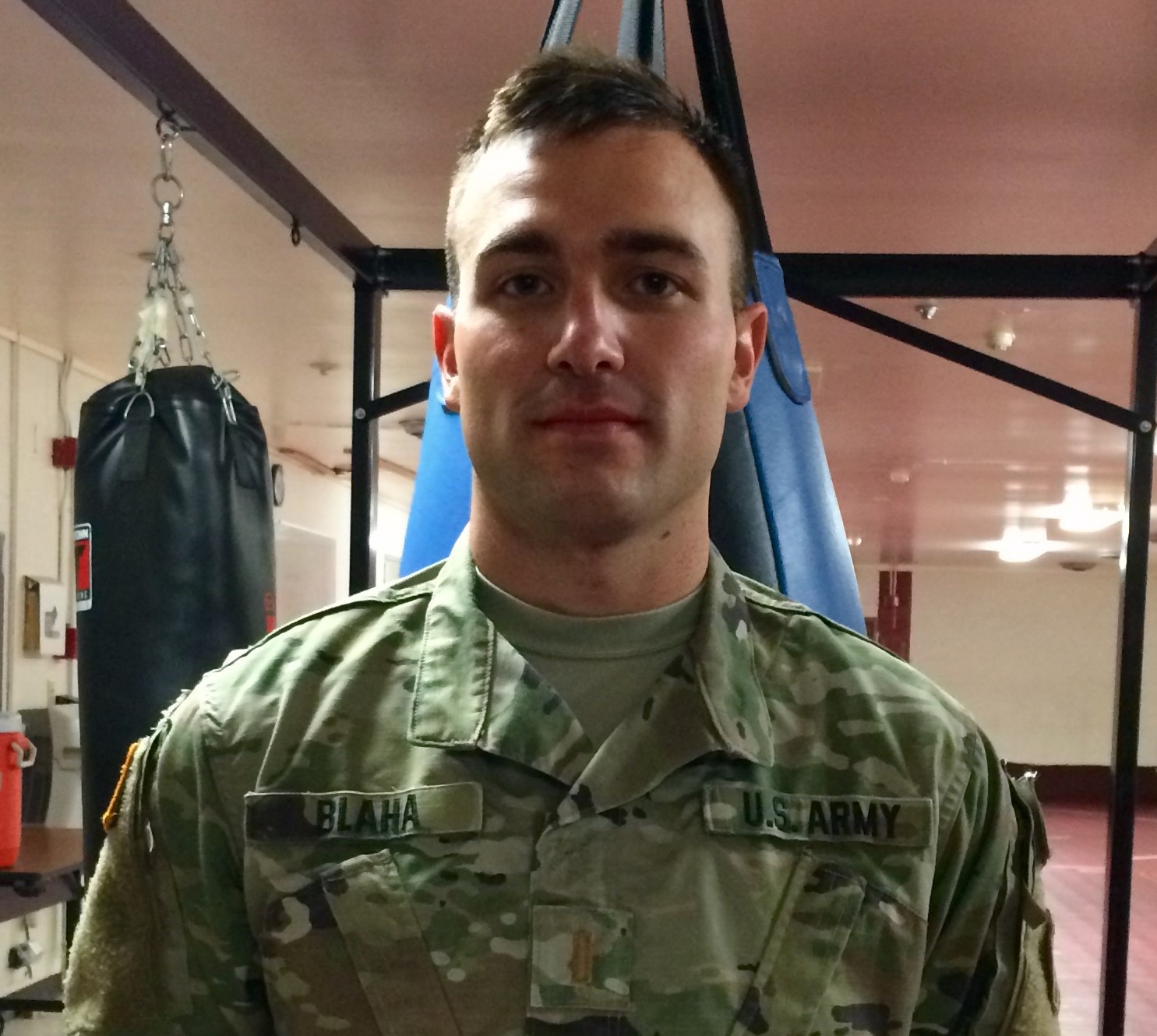Dylan Blaha

T cells are critical for the destruction of virus-infected cells and cancer cells. The key cell-surface molecule involved in recognition of the virus or cancer antigens is called the T cell receptor (TCR). The TCR binds to an antigen peptide delivered to the cell surface and presented by our own proteins, encoded by the major histocompatibility complex (MHC), known as human leukocyte antigen (HLA) in humans. Graft vs leukemia (GVL) results from the treatment of patients with an HLA-mismatched (allogeneic) bone marrow transplantation. Researchers attribute the clinical benefit of GVL to allogeneic MHC that induce strong T cell responses. In a previous collaboration, we showed it was possible to use a single mutation in a murine MHC molecule to generate ‘allo-like’ reactions that could overcome tolerance and induce anti-cancer cytotoxic T cells. I hypothesize that it is possible to experimentally identify the most therapeutically effective MHC mutants using deep mutational scans of MHC molecules, screening for both MHC protein stability and TCR affinity. Candidate MHC mutants will possess the ability to present cancer antigens that overcome tolerance. To test this, I will use a mouse MHC protein, and three syngeneic mouse models with the glioblastomas GL261, SMA-560, and CT2A. The results will also provide a deeper understanding of the molecular details of interactions among peptides, class I MHC proteins, and TCRs.
